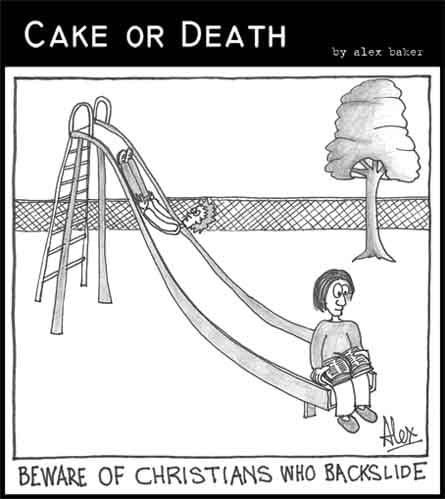
The Black Collar Crime Series relies on public news stories and publicly available information for its content. If any incorrect information is found, please contact Bruce Gerencser. Nothing in this post should be construed as an accusation of guilt. Those accused of crimes are innocent until proven guilty.
In October 2021, Mark Cuprik, a youth leader at Victory Christian Center in Boardman, Ohio, was accused of sexual battery, unlawful sexual conduct with a minor, pandering sexually oriented matter involving a minor, disseminating matter harmful to juveniles, and importuning.
WFMJ-21 reported at that time:
A warrant has been issued for the arrest of a former local church youth group leader who is the subject of an eight-count indictment accusing him of engaging in sex with a 15-year-old girl.
Mark Cuprik, 22, allegedly drove to Beaver Township Memorial Park with the girl last March.
According to police, Cuprik was a friend of the girl’s family, as well as a youth group leader at Victory Christian Center.
Police say a family member began chasing Cuprik’s car. The chase involved high rates of speed and a disregard for traffic control devices, according to the report.
Cuprik eventually dropped the teen back off at the park and she was reunited with family members.
….
Following an investigation into social media accounts, the grand jury indicted Cuprik on charges of Sexual Battery, Unlawful Sexual Conduct With a Minor, Pandering Sexually Oriented Matter Involving a Minor, Disseminating Matter Harmful to Juveniles, and Importuning.
According to the indictment Cuprik engaged in sexual conduct with the teen from late February through late March.
Investigators say Cuprik also possessed material showing a minor engaging in sexual activity.
Victory Christian Center released the following statement:
Any abuse, especially that of a minor is abhorrent and should never be tolerated. We are incredibly grieved in regards to the allegations and indictments of of a former youth leader at our Boardman campus. Our Board of Directors are aware of the matter and cooperating with the appropriate authorities. The accused leader was removed immediately from any and all involvement with in the church when the allegations first surfaced under previous leadership of VCC in January of 2020.
When current VCC leadership learned more details about the matter, a statement was read to the Boardman Campus providing transparency and condemning the actions of the former youth leader. VCC leadership also made extra efforts to stay in close touch with the victim’s family, providing support and offering professional counseling to them, offering to pay for all such expenses.
Given that this is now an ongoing investigation, it would be inappropriate for us to comment any further.
Cuprik’s father may be the pastor of the Boardman campus.
On December 20, 2021, Cuprik pleaded guilty to charges of sexual battery, a third-degree felony; two counts of pandering sexual material involving a minor, a fourth-degree felony; two counts of disseminating harmful matter to a juvenile, a fifth-degree felony, and sexual imposition, a third-degree misdemeanor.
A former youth pastor pleaded guilty to sex charges today in Mahoning County Common Pleas Court.
Mark Cuprik, 22, entered his pleas before Judge R. Scott Krichbaum to charges of sexual battery, a third degree felony; two counts of pandering sexual material involving a minor, a fourth degree felony; two counts of disseminating harmful matter to a juvenile, a fifth degree felony and sexual imposition, a third degree misdemeanor.
Prosecutors are recommending a sentence of four years in prison. Defense attorneys are expected to argue for less.
Ron Yarwood, Cuprik’s attorney, said the plea agreement came after “extensive” negotiations.
Cuprik, a former youth pastor at the Boardman Campus of Victory Christian Center, remains free on bond until his Feb. 7 sentencing.
Assistant Prosecutor Caitlyn Andrews said Cuprik had a sexual relationship with a 15-year-old girl who was a church member.
Andrews also said the pandering and disseminating charges deal with the person Cuprik had the relationship with and her sister.
The investigation began in March after Cuprik was involved in a chase with Beaver Township police after he was confronted by the family of the victim.
The indictment in the case alleges illegal activity from 2017-2020.
The church has said in earlier statements that it removed Cuprik from his post in January after allegations of misconduct first surfaced and they have been cooperating with authorities ever since.
Bruce Gerencser, 68, lives in rural Northwest Ohio with his wife of 47 years. He and his wife have six grown children and sixteen grandchildren. Bruce pastored Evangelical churches for twenty-five years in Ohio, Texas, and Michigan. Bruce left the ministry in 2005, and in 2008 he left Christianity. Bruce is now a humanist and an atheist.
Your comments are welcome and appreciated. All first-time comments are moderated. Please read the commenting rules before commenting.
You can email Bruce via the Contact Form.










